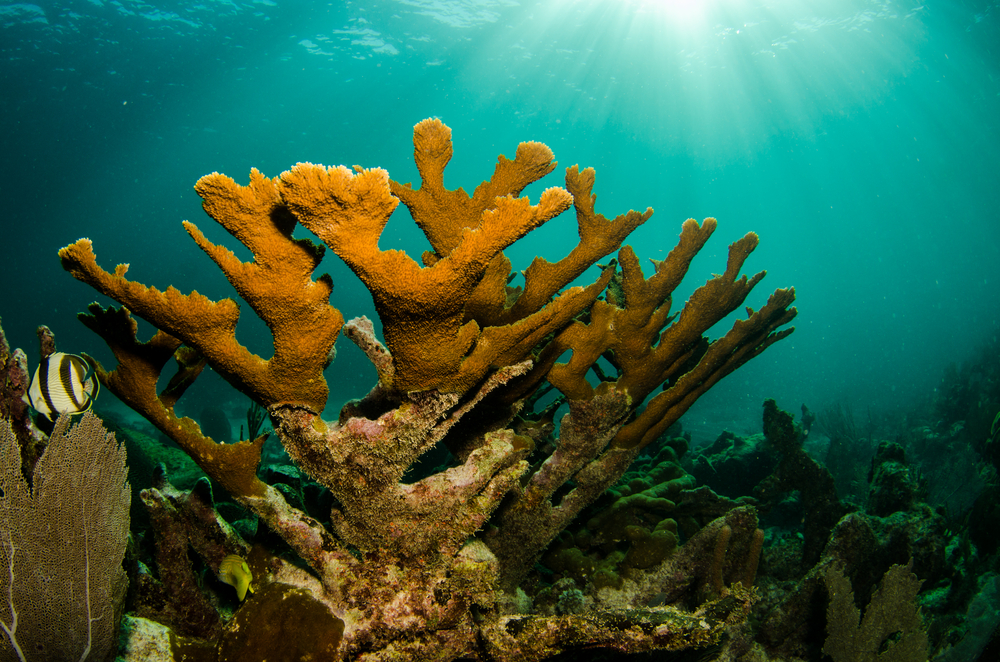Indonesia’s rainforests are some of the most diverse in the world, containing 12% of the world’s mammal species and home to the Sumatran Rhino, the most endangered type of rhinoceros. Even though Indonesia’s rainforest are so dynamic, only half of the original forest in Indonesia is still intact, and the rainforest is being lost at a rate of 2 million acres a year. One of the biggest factors contributing to the destruction of the natural forest are palm oil plantations. Global demand for highly lucrative palm oil fuels its planting, often occurring inside protected parts of the rainforest. Rudi Putra, environmental activist and winner of the 2014 Goldman Environmental prize, has donated most of his professional career to stopping the expansion of illegal palm oil plantations, and reclaiming and returning illegal plantations to the forest.
The Intelligent Optimist: How much rainforest has been restored?
Rudi Putra: “Currently a total of 26 illegal plantations taking up 700 hectares [1730 acres] have been dissolved and the rainforest has been rehabilitated naturally. We only cut down the palm trees in the area and leave the forest to grow back on its own. We don’t do any planting, the rainforest actually grows back quicker if we don’t plant any seedlings.”
TIO: What’s been the most challenging part of this whole process?
RP: “The biggest problem is getting support from the government; also rich people that want to encroach on the forest to make more palm oil. Palm oil is easier and more lucrative than other crops grown in the area, but the impact for the environment is worse because palm oil needs a lot of water, and doesn’t prevent land erosion, which causes severe flooding.”
TIO: What do you do with people who don’t want to shut down their illegal plantations?
RP: “We contact the law enforcement in the area. In Indonesia encroachment on protected forest is straightforward, but enforcement can be very difficult. It is made possible made possible through community support and with help from local police.”
TIO: What’s the most rewarding part of shutting down illegal palm oil plantations?
RP: “Seeing the forest come back. Four years after an illegal palm oil plantation is removed the forest comes back almost completely, and with it animals like the Sumatran tiger, elephants, and orangutans. Water supplies also improve, the climate is better, and this in effect informs and educates surrounding areas about the benefits of living in a healthy rainforest.”
TIO: How can people help your cause?
RP: “Currently we are fighting special planning in Aceh that proposes opening up large amounts of the Leuser ecosystem for the development of palm oil plantations, logging, mining, settlements and other activities. We have a petition available online that anyone can sign and will hopefully stop the development.”
Photo courtesy of the Goldman Environmental Prize

Rainforests regrow in Indonesia after palm oil plantations shut down
More of Today's Solutions
Migration of 6 million antelope in South Sudan is the largest land mammal mov...
BY THE OPTIMIST DAILY EDITORIAL STAFF A thorough aerial study in South Sudan revealed a startling migration of six million antelope, establishing it as ...
Read MoreVolcanic ash may be a game changer in sustainable solar energy storage solutions
When calamity hits and volcanic ash blankets the land, it is commonly perceived negatively, for many obvious reasons. However, novel research from the University of ...
Read MoreWind and solar energy production in US surpasses coal for the first time in h...
BY THE OPTIMIST DAILY EDITORIAL TEAM According to the United States Energy Information Administration (EIA), wind and solar energy generated more electricity than coal ...
Read MoreThe Dominican Republic reforests a fifth of the country in just 10 years
In the heart of the Dominican Republic, the dramatic story of land reclamation unfolds. Carlos Rodríguez, a diligent farmer, thinks about the once barren ...
Read More










